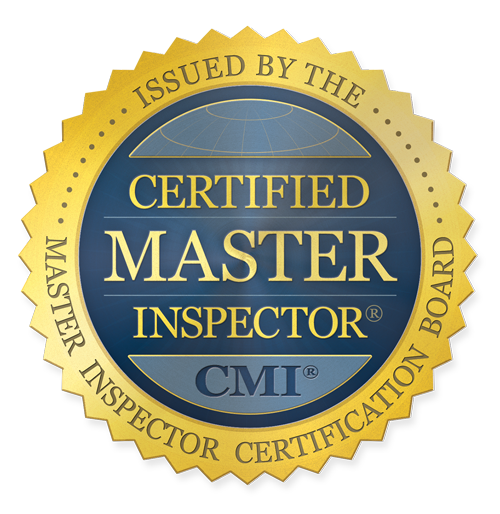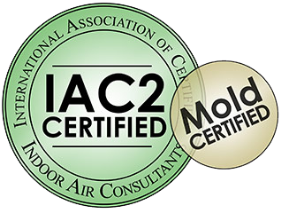Here are the answers to a few of the most frequently asked questions about 4 point inspections.
Who Needs A 4 Point Inspection?
There are a couple situations where you need a 4 point inspection:
- When renewing a homeowner’s insurance policy
- When trying to negotiate better insurance rates
Your 4 point inspection report may even get you better rates on your insurance policy — in fact, in some cases, these inspections end up paying for themselves.
What Is Covered By a 4 Point Inspection?
A 4 point inspection covers:
- Roof: shingles, soffits, venting, etc. (Did you know Florida home insurance carriers no longer have to insure roofs 15+ years old or more?)
- HVAC: system, operation, ductwork, etc.
- Electrical: panel, wiring, meters, etc
- Plumbing: water heater, pressure, etc.
These home systems result in the most claims, so insurance companies want to know they are in good shape. Failure to maintain these systems may also compromise future home insurance claims.
Can It Substitute For A Full Inspection?
The short answer is no. While both 4 point inspections and full home inspections play important roles in the home-buying and home insurance process, they are not comparable.
A 4 point inspection will give insurance companies the information they need to make sound decisions about homeowner’s insurance eligibility and premium costs. The more structurally sound and better maintained the house, the more affordable the premiums.
The 4 point inspection report satisfies insurance carrier queries but may not include all the information you need to decide whether or not to purchase a house. To learn about the more detailed ins and outs of a prospective home, schedule a full home inspection.
Should I Be Present For The Inspection?
You don’t need to attend the 4 point inspection unless you want to. Attending a 4 point inspection is a great way to learn more about your (prospective) home inside and out.
As long as everyone is dressed safely, we enjoy showing people how to access key areas of the home and answering questions about routine home maintenance that keeps the house structurally sound —and insurable— for decades to come.
Is The Inspection Pass/Fail?
Not necessarily, but a few things may disqualify you from getting homeowners insurance. Most providers refuse to insure a house with:
- Roofs that are 15 years or older
- Faulty electrical wiring
- Certain types of electrical panels
- Lack of central air or a faulty HVAC system
- Evidence of leaks or significant mold/mildew damage
If your insurance company declines to issue a policy based on an issue found during the inspection, you have options.
- Inform the seller/selling agent: An uninsurable home is harder to sell. So, there’s a good chance the seller will make the repairs for you to keep the deal moving forward.
- Opt out of buying the home: If a home is uninsurable based on a 4 point inspection, odds are there are other significant issues requiring attention. We recommend backing out of the deal or scheduling a complete inspection to know exactly what you’re getting into.
- Schedule suggested repairs: Once red-flagged items are repaired by licensed contractors, provide proof to your current insurance carrier. This is a good time to shop around for better quotes.
SIP Can Answer All of Your Home Inspection Questions
The licensed and certified inspectors at Super Inspection Pros (SIP) have decades of experience performing efficient 4 point inspections, and we can answer any questions you may have.
We know what different insurance carriers look for, allowing us to tailor inspection reports to get you the best possible results. Contact us today to learn more about our inspection process or to schedule an inspection of your home.

